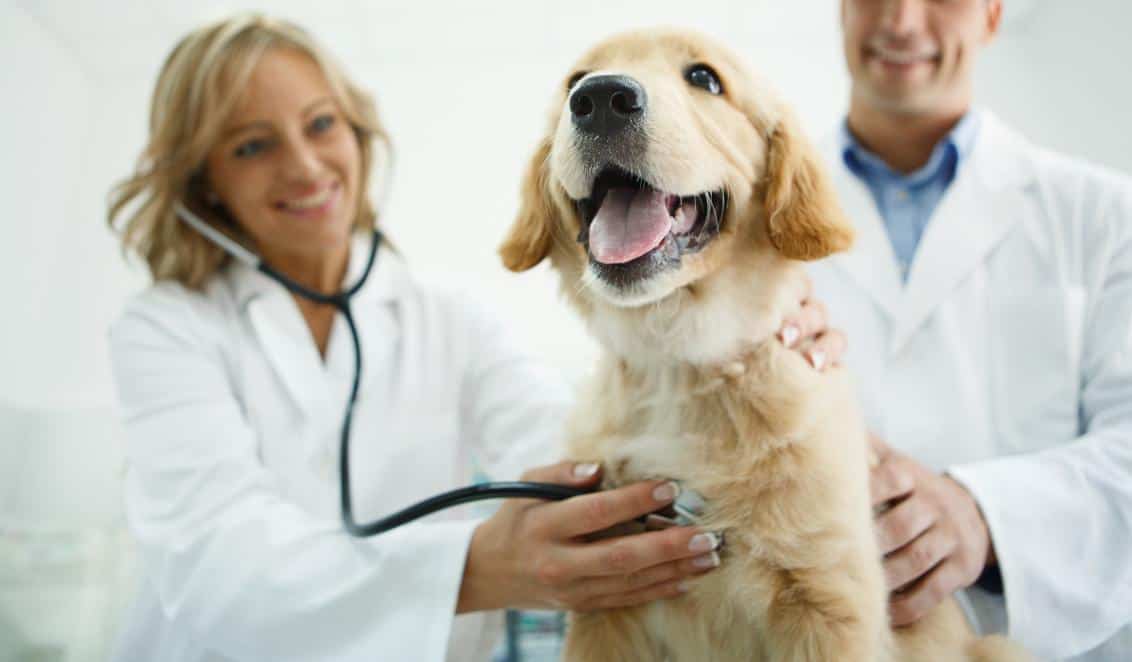Understanding Advanced Diagnostic Techniques: How They Help Your Pets

While some aspects of veterinary medicine continue with traditions that were established generations ago, numerous technological advancements have revolutionized the way we approach patient care. If the goal is to safeguard and improve animal health, then innovations in advanced diagnostic techniques are absolutely critical to preventing, diagnosing, and treating pets effectively and efficiently.
Incredible Breakthroughs
Advanced diagnostic techniques enable us to learn as much as possible about a pet’s health. To provide the best possible care for our patients, we may recommend certain tools to accurately identify and treat various health issues.
Imaging Technology
In certain cases, imaging helps us further understand a pet’s current health state and enables us to design effective treatment plans.
- Computed tomography (CT) scans take pictures from numerous angles. This information of the internal structures, including bones, soft tissues, organs, and blood vessels of the body, helps us diagnose and monitor health conditions.
- Magnetic resonance imaging (MRI) uses radio waves and a strong magnet to create highly-detailed images of the soft tissues and central nervous system. We rely on these scans to diagnose and locate tumors, inflammation, and neurological conditions.
- Ultrasound technology uses sound technology to help us locate the internal organs and tissues. This easy, effective tool helps us monitor pregnancy, identify abnormalities, and can even guide us during other procedures.
Advanced Pet Diagnostics
Sometimes, genetic testing is relied on to understand specific genetic markers for disease. By analyzing pet DNA we can look for genes or mutations that can be linked to disease. In this way, we can work toward preventing or delaying the development of inherited disease.
Polymerase chain reaction (PCR) can help us identify infectious diseases caused by bacteria, viruses, and parasites. This tool can also reveal genetic conditions, as well.
When In Need
Some pets may have a chronic disease, such as diabetes, kidney disease, or cancer that requires careful, consistent monitoring. Other cases involve infectious disease that requires a PCR test to formally diagnose and treat.
Pet emergencies, including intestinal blockage, bloat, or pancreatitis may require immediate advanced diagnosis to prepare for surgery or other treatments. Without advanced diagnostic techniques, pets in emergency situations may not improve.
Early Disease Detection in Pets
When we have as much information as possible, as early on as possible, we can utilize all of our tools and experience to treat a variety of pet health conditions. With advanced veterinary diagnostics, we may be able to employ less invasive treatments and prevent further complications.
Pet Health Assessments
The ability to see pets every 6-12 months helps us develop the most accurate, effective treatment plan. By personalizing certain therapies, we can enhance a pet’s quality of life and promote longevity. Advanced veterinary diagnosis helps us deliver excellent care to our patients, and our team at Jenison Animal Hospital is always happy to discuss the options at (616) 457-9200.
